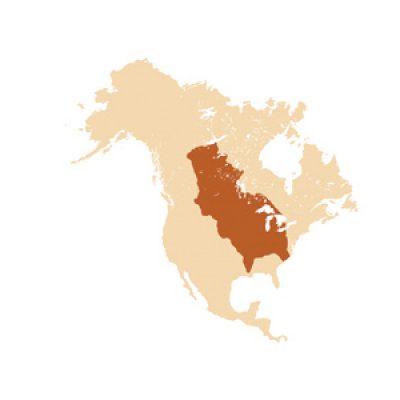
The story of Kristina and Karl Oskar has been shared through the decades since Vilhelm Moberg first wrote The Emigrants in 1949, first appearing in musical form in 1995. Shortly after Kristina från Duvemåla premiered in Sweden, VocalEssence (then Plymouth Music Series) brought the concert version to Minneapolis and Lindström–where much of the story is based.
In the time since we first performed The Concert Version of the Musical KRISTINA, our world has changed significantly. While this tale of an immigrant’s journey may still resonate with the immigrants of today, our awareness of absent narratives and need for greater historical context has evolved.
Over the past several months as we prepared to mount this production, taking advantage of the newly available English translation of the work, we recognized a need to reach beyond the story we have the privilege to share with you–and explore the stories that aren’t shared with the same frequency, scale, or intention.
We invite you to join us in this journey–not only to revel in the story of Kristina Nilsson and her family–but to honor the stories of the Dakota, Anishinaabe (Ojibwe), and Ho-Chunk people whose lives were uprooted by treaties that were broken and whose land was forcibly taken as white settlers were recruited to move in so that Minnesota could meet the requirements for statehood.
The following suggestions for futher reading come from the Minnesota Historical Society (MNHS):
- Research Guide for Native Community Members —This guide suggests various strategies for learning more about Native culture, governments, land, and more.
- US Dakota War of 1862 —This guide overviews different sources related to the conflict, ranging from books to archival records and more.
MNOpedia articles (MNOpedia is a website run by MNHS):
Healing Minnesota Stories: This effort from the Minnesota Council of Churches, led by Jim Bear Jacobs and Kelly Sherman Conroy, strives to create understanding and healing between Native American and non-Native people, particularly those in various faith communities through their Healing Minnesota Stories effort. We encourage you to participate in their Sacred Sites Tours and get more deeply involved through support and conversation. Learn more at mnchurches.org.
Native Lights: Hosted by Mille Lacs Band of Ojibwe members and siblings Leah Lemm and Cole Premo, this weekly podcast provides a space for people in Native communities around Mni Sota Mkoce—a.k.a. Minnesota—to tell their stories. In particular, we recommend the episode featuring Amber Annis, a Cheyenne River Sioux Tribe citizen who is currently the director of Native American Initiative at the Minnesota Historical Society where they discuss nurturing and protecting authentic narratives. This episode can be found at minnesotanativenews.org/amber-annis.
We also encourage you to plan a visit to Hoċokata Ṫi, the Shakopee Mdewakanton Dakota Community’s new Cultural Center, whose mission is to interpret and encourage traditional Mdewakanton Dakota cultural heritage, language, and history by sustaining this inherent knowledge through exhibitions, preservation and education. We recommend experiencing and learning from the Mdewakanton: Dwellers of the Spirit Lake exhibition, which provides visitors with a cultural experience that enhances their knowledge and understanding of the Mdewakanton Dakota people and their history. The exhibit is open to the public and both individual and group tickets are available for purchase.